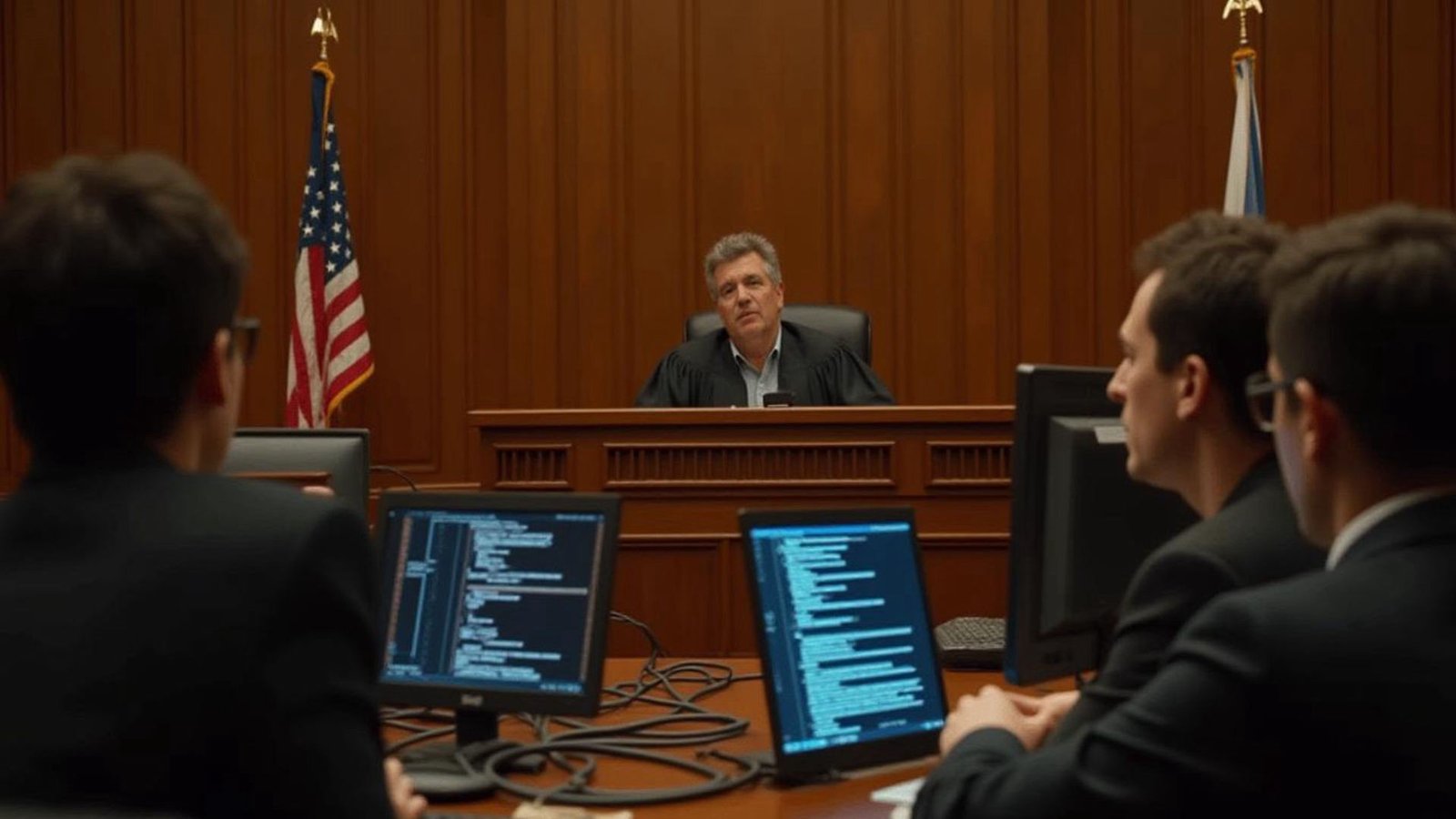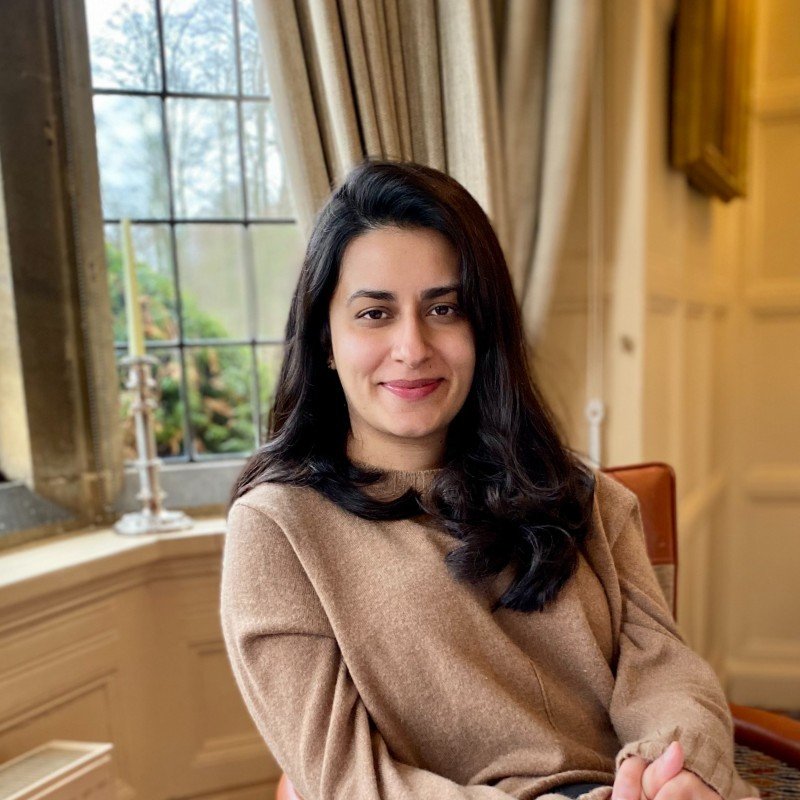In a major victory for artificial intelligence (AI) companies across Silicon Valley, a California district court passed an order on fair use on 23 June whereby it upheld Anthropic’s use of published literary works to train its large language model, Claude.
This decision was delivered in the case of Bartz et al. v. Anthropic PBC (“Anthropic case”), where the plaintiff-authors Andrea Bartz, Charles Graeber, and Kirk Wallace Johnson alleged that Anthropic had unlawfully used their copyrighted books to train Claude without authorization or license, and were thereby guilty of copyright infringement.
Filed in August 2024, the case became part of a growing wave of lawsuits targeting AI companies over the unauthorised use of protected works in model training. This broader legal battle continues even now, as we recently discussed in our article on the infamous AI-generated imitations of Studio Ghibli’s artwork by ChatGPT.
In this article, Ronin Legal unpacks the judgment and examines how it could influence future disputes at the intersection of copyright law and artificial intelligence.
Background + Decision
According to the plaintiffs, Anthropic had allegedly downloaded millions of pirated books from the internet, including copyrighted works, and scanned them into a digitized central library which was used to train Claude. Claude would then also be able access this digital repository without restriction to generate “author-like” responses for users.
In response, the plaintiffs filed a class action lawsuit hoping to enforce their rights as copyright holders, which has now culminated in this decision by Judge William Alsup. In essence, Anthropic have been granted a summary judgement (a legal decision without going to trial) in their favour and deemed not guilty of copyright infringement.
In his decision, Judge Alsup held that while the method of using pirated content and storing it in a digital database violated U.S. Copyright law (which grants copyright holders a bundle of exclusive rights over their original works), Anthropic’s actual use of the material for training Claude was not in breach of the law.
He reasoned that the process was “exceedingly transformative,” aimed not at replication but at generating something new and different, and could therefore be protected under the fair use doctrine.
What Exactly Is Fair Use?
Big technology and AI companies have faced strong criticism and litigation in recent years for storing and reproducing copyrighted material without permission for AI training purposes. These companies almost always invoke the fair use doctrine in their defence
In the USA, where we’ve been seeing the highest volume of AI v. copyright cases over the past five years, the fair use doctrine is codified in Section 107 of the U.S. Copyright Act.
This doctrine is so important because it acts as one of the few limitation to the exclusive rights granted to copyright holders under U.S. law, protecting certain uses of copyrighted material from being considered infringement.
Key Fair Use Factors in AI Copyright Cases
In all cases relating to alleged copyright violations by AI companies, courts assess four factors to determine whether the use qualifies as fair use:
- Purpose and character of the use – whether the use is commercial or non-commercial, and whether it is transformative, meaning it adds new expression, meaning, or purpose to the original work.
- Nature of the copyrighted work – whether the work is more factual (which favours fair use) or more creative (which weighs against fair use).
- Amount and substantiality – examines the quantity and quality of what was used. Using smaller or less significant portions may favour fair use, but using the “heart” of a work might not.
- Effect on the market – whether the new use harms the market for or value of the original work, including potential licensing opportunities.
Fair Use In The Anthropic Case
In examining whether fair use applied within the context of generative AI in this case, Judge Alsup placed particular emphasis on the first factor, stating that it was important to determine what the original material was being used for and what the outcome of it being used for AI training was.
In this regard, he found that Anthropic’s use was transformative because it sought to generate new content, rather than merely imitate or replicate the authors’ original works. This is line with previous judgements we’ve seen, as in Google v. Oracle where it was established that a use may be transformative (and thus more likely to qualify as fair use) if it adds something new, with a different purpose or character.
The Fourth Fair Use Factor: Artists’ Key Concern in the AI Era
The fourth factor is the one that authors, artists and other creators are the most concerned about in this increasingly AI-dominated world. In this regard, the plaintiffs argued that Claude’s AI-generated content threatens their livelihoods and displaces market demand for their original works.
However, the court found no evidence of direct competition or replication, noting that the defendant’s AI system was not reproducing exact copies of existing works or duplicates of the authors’ work. As a result, the plaintiffs’ arguments were rejected and no market harm was found for their work either, resulting in a judgement establishing fair use.
Why Is This Case Important?
Prior to this judgement, the most significant development we’d got in understanding how AI v. copyright issues would fare in court was in Reuters v. Ross, which we’ve also covered previously and which drew widespread attention from every major technology law firm monitoring AI-related copyright litigation.
Here the court held that the defendant’s copying and use of the plaintiff’s copyrighted legal resources to train its AI-powered legal research tool was not fair use and amounted to copyright infringement.
This was after the court determined that Ross’s use was commercial and non-transformative, and that it could negatively affect Reuters’ market and commercial interests. The decision gave copyright-holders the assurance they needed; that their rights would be protected if AI tried to encroach on them.
Anthropic case Decision
This decision in the Anthropic case, on the other hand, gives AI companies hope that the fair use defence would hold strong if they’re able to prove the necessary criteria. Accordingly, since in this instance the court found that Claude has a distinct purpose and character from the plaintiffs’ books and were not trying to replace them in the market as a competitor, there was no copyright infringement found.
The decision is especially important because it may serve as a strong reference point during the pendency of some major lawsuits in this field, most notably in The New York Times v OpenAI (where OpenAI’s motion to dismiss the copyright infringement claims was recently rejected) and Andersen v. Stability AI (where a full trial has been set for late 2026).
Conclusion
Just two days after this judgement, Meta secured a similar victory in Kadrey v. Meta, where a U.S. district court granted partial summary judgment in the company’s favour against copyright infringement claims brought by 13 authors. We’ll explore the Kadrey case in greater detail in an upcoming article.
Clearly, as the debate develops, courts are starting to draw firmer lines around what constitutes fair use, signalling a judicial trend that may favour AI developers if they are able to understand and comply with fair use requirements.
As litigation continues and new cases emerge, the interpretation of fair use (especially the definition of what is truly “transformative”) and whether an AI system is causing commercial harm or diminishing the value of an original work will most likely remain central to the legal debate. Legal guidance from a knowledgeable AI law firm will be essential for companies operating at the intersection of data, IP rights, and machine learning.
Authors: Shantanu Mukherjee, Varun Alase













































